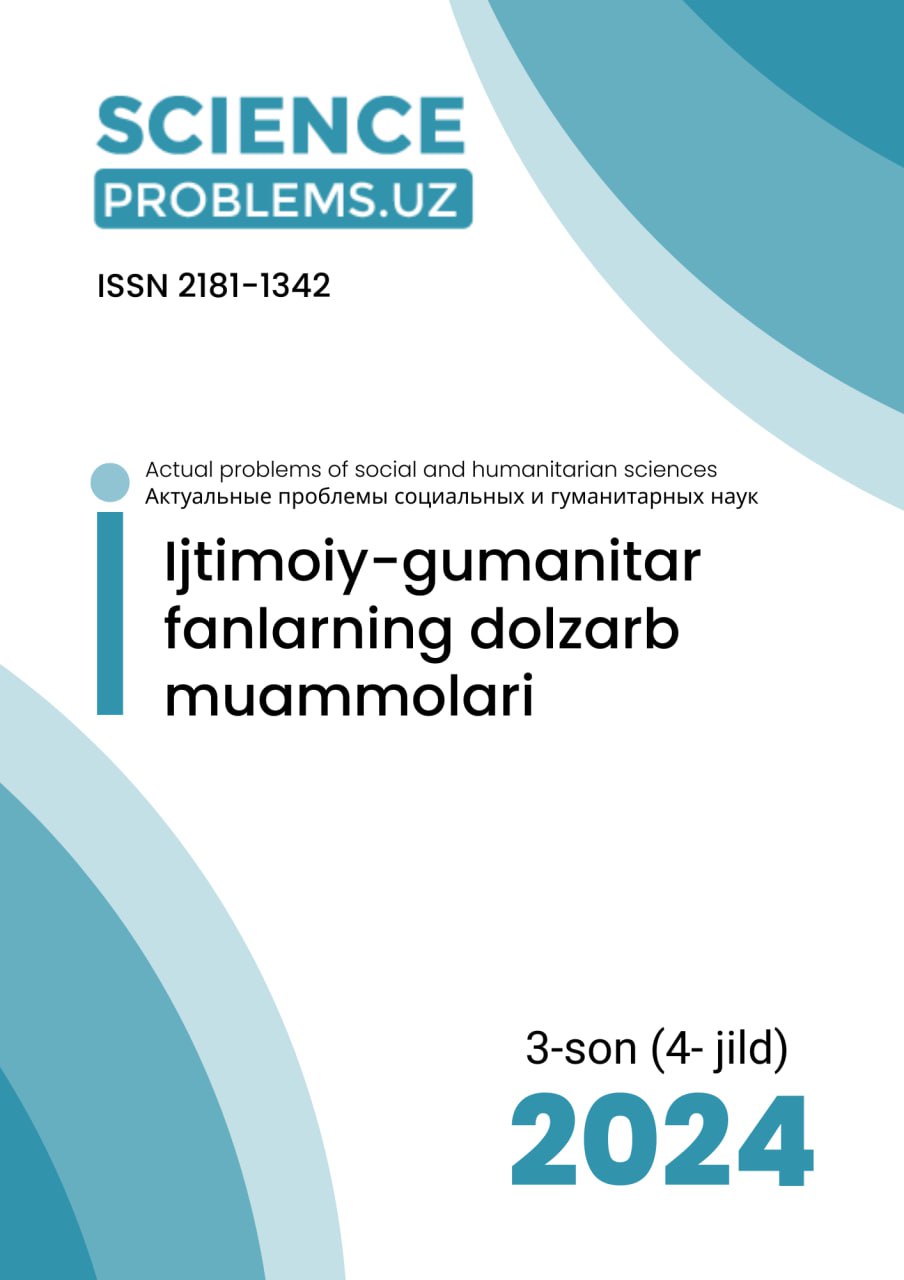LEXICO-SEMANTIC, LINGUOCULTURAL ISSUES IN THE DRAMA TRANSLATION
DOI:
https://doi.org/10.47390/SPR1342V4I3Y2024N46Keywords:
translation, drama, lexical-semantic problems, linguacultural problems, culture, reference.Abstract
The main goal of this article is to reveal the significance level of drama translation and to analyze the lexical-semantic and linguistic-cultural errors, shortcomings, and problems encountered in drama translation based on the dramas written by mature representatives of English and Uzbek dramaturgy. It also consists in learning how to eliminate the mistakes made and making scientific and theoretical conclusions about their place in the translation of the drama.
References
Ahmad S. Kelinlar qo’zg’aloni. – Toshkent, 2000. – 32 b.
Albota S. The parallel corpus as a means of dramatic works translation. – Ukraine, 2015. – p. 209-211.
Ghani H. K. The Translator as Dramatist: On the Problems of Translating Dramatic Texts. – Journal of the College of Basic Education, 2010. – p.153-167.
Hamdamov U. Ruhni uyg‘otguvchi so’z. – Toshkent, 2017.
Nadjimxodjayev M. Milliy o’ziga xos so’zlarningo’zbek tiliga tarjima qilishdagi murakkabliklari. – Oriental Rennaisance: Innovative, educational, natural, and social sciences, 2021. – p. 600-605.
Newmark P. A textbook of translation. – Prentice Hall, 1988. – p. 311.
Shakespeare W. Hamlet. – Simon & Brown, 2010. – p. 330








